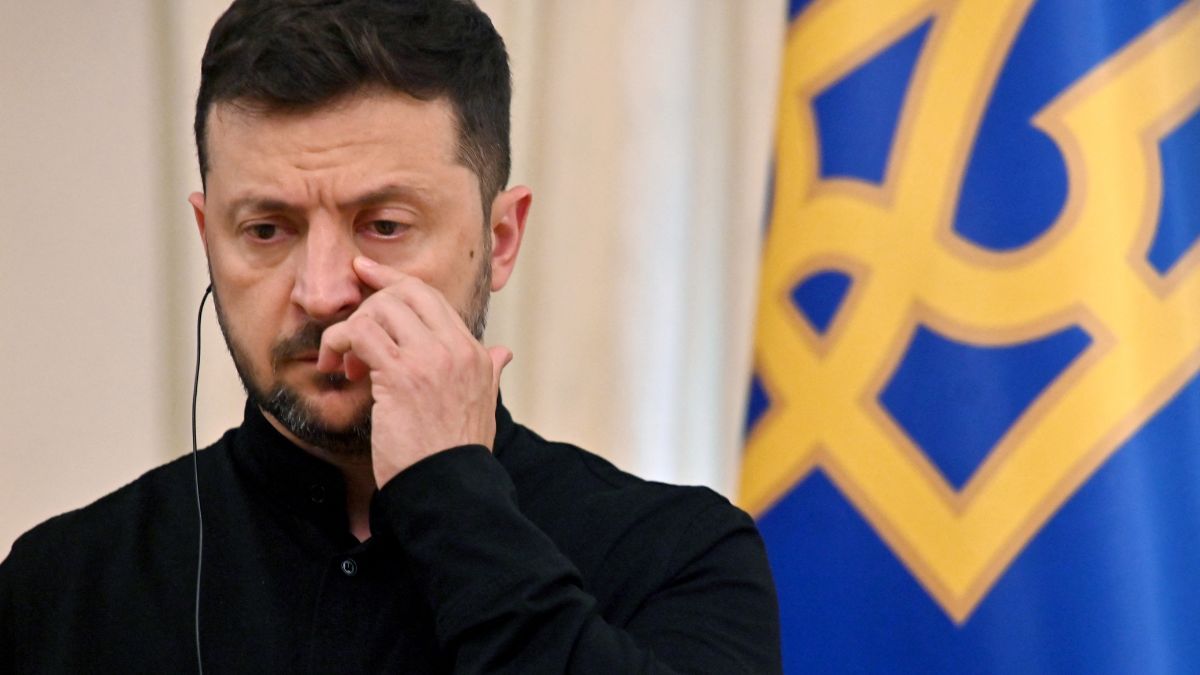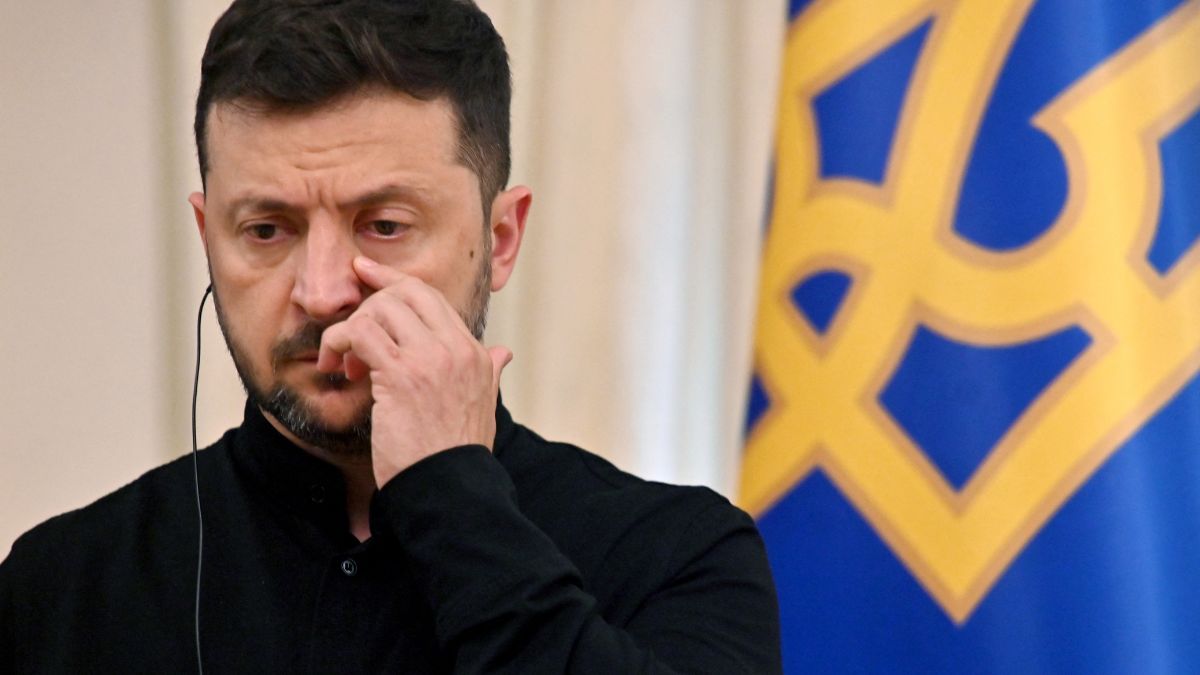Will the muchly anticipated Israel-Hamas ceasefire deal not be implemented on Sunday (January 19), as previously announced? That has been the biggest question everyone’s been asking since Israel Prime Minister Benjamin Netanyahu delayed the Cabinet vote on the agreement.
Earlier, on Wednesday (January 15), the United States and Qatar, who mediated the negotiations, announced that an agreement had been reached to put a pause on the 15-month-long war in Gaza, triggered by Hamas’ October 2023 attack and that it would come into effect on Sunday (January 19).
The truce that will be implemented in three phases — the first seeing an exchange of 33 hostages held by Hamas in return for Palestinian prisoners — comes after months-long negotiations, discussions and over 46,000 deaths.
However, it seems that the implementation of this truce is now in limbo as Netanyahu’s Cabinet is yet to vote on it — it was initially planned for Thursday morning — and some report that the vote may not take place until Saturday night, in a blow to hopes that the ceasefire would take effect Sunday.
But what’s behind the delay? And will peace evade the region? Here’s what we found out.
Deal signed off, but no vote until Saturday
While the US and Qatar announced the ceasefire deal, Israel’s Benjamin Netanyahu chose to remain mum, saying that he wouldn’t comment until all details were ironed out.
As people began celebrating and cheering the announcement of a truce, Netanyahu said on Thursday (January 16) that a “last-minute crisis” with Hamas was preventing the approval of a ceasefire agreement in Gaza and the release of dozens of hostages.
Netanyahu’s office said his Cabinet won’t meet to approve the agreement until Hamas backs down. Without elaborating, Netanyahu’s office accused Hamas of reneging on parts of the deal in an attempt to gain further concessions.
Speaking on the same, the US Secretary of State, Antony Blinken said that there had been a “loose end” between the sides in the complex negotiations. Meanwhile, a senior Hamas official, Sami Abu Zuhri, told an interview with Al-Araby TV that there was no basis to Netanyahu’s claims and that they remained “committed to the ceasefire agreement, which was announced by the mediators.”
However, progress was made the following day with Netanyahu’s office confirming that the Israeli and Hamas negotiating teams had signed a ceasefire and hostage release deal in Doha. As per a Times of Israel report, the Israeli negotiating team called Netanyahu to inform him the deal was reached, with the premier thanking them for their efforts.
Netanyahu’s office further announced that he would convene a security Cabinet meet for today (January 17) in order to hold a vote on the deal. But, the full Cabinet meeting is not slated to take place until Saturday night. No explanation was provided as to why the security Cabinet and full Cabinet could not be called before sundown on Friday.
Possible delay in implementation
If Netanyahu does hold the full Cabinet meet on Saturday, it is likely that the implementation of the Gaza ceasefire won’t come into effect on Sunday, as earlier announced, but on Monday (January 20).
The reason is that once the list of Palestinian prisoners is published, opponents, as per Israeli law, have 48 hours to petition against these releases to the Supreme Court. If the list is released on Friday after Netanyahu meets his security Cabinet, those opposed to the release of prisoners would have no time to appeal as many of them are religious and observe the Sabbath — which is followed from Friday sunset to Saturday sunset.
What this means is that the 24-hour grace period for petition filing won’t conclude until late on Sunday evening, and so it would appear that the ceasefire will not come into force until Monday.
A Channel 12 report quoting judicial sources, however, noted that the formal 48-hour period for petitions could be reduced. But as of now, the Prime Minister’s Office was not persuaded to do so.
Divisions within Netanyahu’s government
This news comes as Netanyahu sees a wide division within his government. Earlier, Israel’s minister of national security Itamar Ben Gvir said his party would withdraw from Israel’s governing coalition if the Israel-Hamas ceasefire and hostage deal goes through. “This deal teaches them (Hamas) that they can take hostages and attack, and at the end of the day, they can get what they want,” he said in a news conference Thursday.
He had also called on Finance Minister Bezalel Smotrich to join him. Smotrich is a member of another far-right party, the Religious Zionism Party. This party has also said it would withdraw support for Netanyahu’s government.
And even some members of Netanyahu’s Likud party are against the ceasefire deal. Amichai Chikli, minister of diaspora and combating antisemitism, has said he will quit if the country withdraws from the Philadelphi corridor, as outlined in phase one of the ceasefire agreement.
But Israeli opposition leader Yair Lapid has urged Netanyahu not to be “afraid or intimidated,” saying the priority is to implement a ceasefire and hostage release deal. “I say to Benjamin Netanyahu, don’t be afraid or intimidated, you will get every safety net you need to make the hostage deal. This is more important than any disagreement we’ve ever had,” Lapid said in a post on X on Thursday.
Trump fumes
Meanwhile, US President-elect Donald Trump, who has taken credit for the ceasefire deal, warned that the truce better be finalised before his inauguration, which is scheduled to take place on Monday — January 20.
It is unknown what happens next — when will the deal come into effect, which hostages shall be released. As they say, it’s now a wait-and-watch game.
With inputs from agencies


)
)
)
)
)
)
)
)
)



